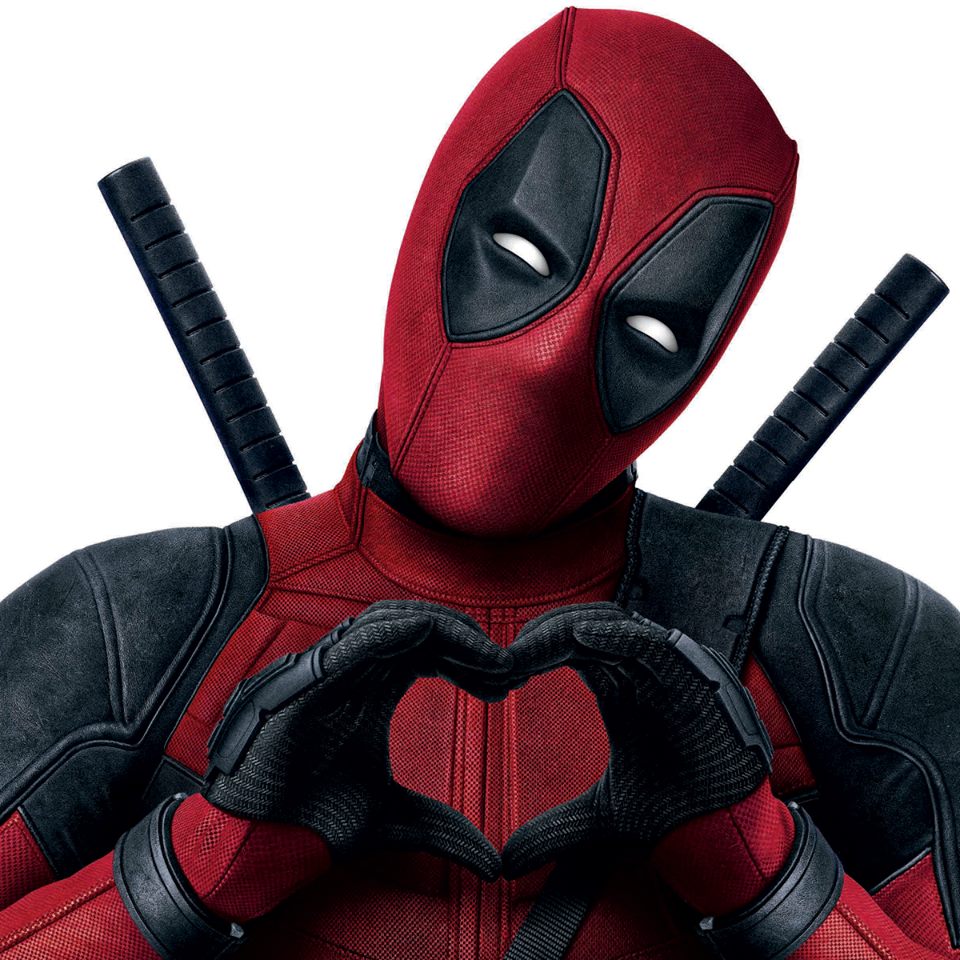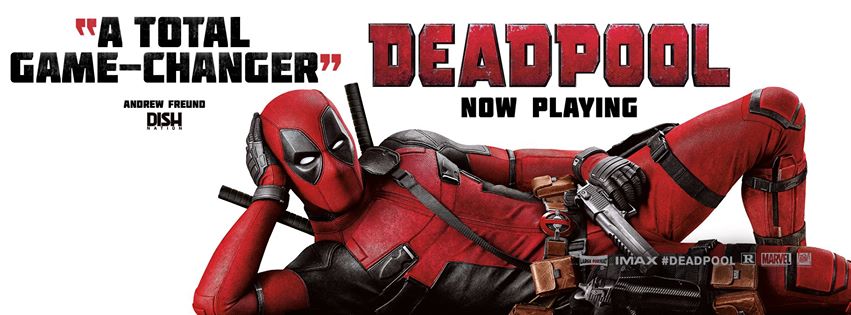HOLLYWOOD—Just when you think Marvel is running out of steam with its formulaic storytelling and lackluster villains, “Deadpool” brings this snarky, ultra-violent, foul mouth superhero – or more like an anti-hero to us, which ironically, more or less restored our faith in the superhero genre, for now.
Underneath its nonlinear narrative and its overspreading of self-referential jokes, “Deadpool” has a fairly simple plot. After being diagnosed with terminal cancer, former special force operative Wade Wilson has no choice but to leave his girlfriend Vanessa, seeking ways to save himself from dying through an underground experimental gene therapy. Unfortunately, Wade’s cranky nature soon enrages the laboratory enforcer Ajex, who later puts him into airtight chamber as a punishment. Although this ruthless punishment severely disfigures Wade, he surprisingly gains a superpower of healing himself miraculously fast. And that superpower ensures him to be confident enough to embark on a journey to revenge.
With a simple storyline that doesn’t take too much runtime of the movie, “Deadpool” has more opportunities than pretty much any other Marvel superheroes in the history, to talk, either to talk to other characters in the movie with his offensive jokes, or talk to us audience outside the movie with his cynical opinions. Through all the talking from this happen-to-have-a-superpower kind of anti-hero, his personality gets to be in a full-blown display. And that’s what makes “Deadpool” so refreshing in the pool of superhero movies.

Another reason why “Deadpool” stands out among other superhero movies is that it’s R-rated, which is also an extremely hot topic around the movie since its release. But what’s with the fuss about the R rating, really? An R-rated superhero movie is not an entirely uncharted territory as people today seem to make it look like.
Zack Snyder’s “Watchmen,” Matthew Vaughn’s “Kick-Ass” are probably two most notable examples in recent memory. But as much as they were well received among critics and fans, neither of them manages to achieve impressive enough box office success. Therefore, never there’s a time for the studio heads in Hollywood to necessarily consider that maybe superhero movies don’t always have to be the family-friendly PG-13.
But then, you may ask what makes them take another chance on “Deadpool” to make it an R movie, and why this time, the R-rated label actually help “Deadpool” become a worldwide box office phenomenon. What surely contributes to a part of the answer is the heavy dose of unadulterated fun that comes with a movie free of limitations in language and content, but the more important half of the answer is that the R rating gives “Deadpool” the chance to express brutally honest opinions towards the current superhero movie stereotype based on a real mature and adult psychology.
It serves as a long overdue antidote to this oversaturated superhero market. Therefore, for the first time in forever, we get to see a superhero that’s not a tragic, gloomy Caped Crusader, carrying the weight of the world on the shoulder. “Deadpool” does not sit in the dark, wrestling with his internal struggles; nor does he a knight in the shiniest armor, risking his life to save the girl of his dream, and all the ordinary people like us, over and over again.
“Deadpool” is fully aware the world he lives in, or even better, the world WE live in. “Only two of you living in a mansion this big?” says Deadpool to the two not-so-well-known X-Men, “it’s almost like the studio couldn’t afford another X-Men.” Much like its super-meta opening credit, “Deadpool” unabashedly taunts all the clichés of superhero genre as it consciously embraces every all-too-familiar trope.
Does this mark the beginning of a new era for Marvel and DC—just like James Gunn predicted—where all the superheroes are becoming self-deprecating anti-heroes with access to the entire curse word library? Probably not, and hopefully not.
The success of “Deadpool” is largely built on the novelty of the idea, not the strength of its story. This is not to undermine the brilliant execution from the first-time director Tim Miller, and the “Zombieland” writing duo Reese & Wernick. This is simply my concern of how easy it might be for “Deadpool” to be developed into another tiresome superhero movie formula if the studios all scramble to mass-produce “the next Deadpool.”
Regardless whether or not “Deadpool” could be a game-changer in the superhero genre, maybe we should just appreciate this cleverly written and inventively executed movie for what it is: a genuinely funny action-comedy.





